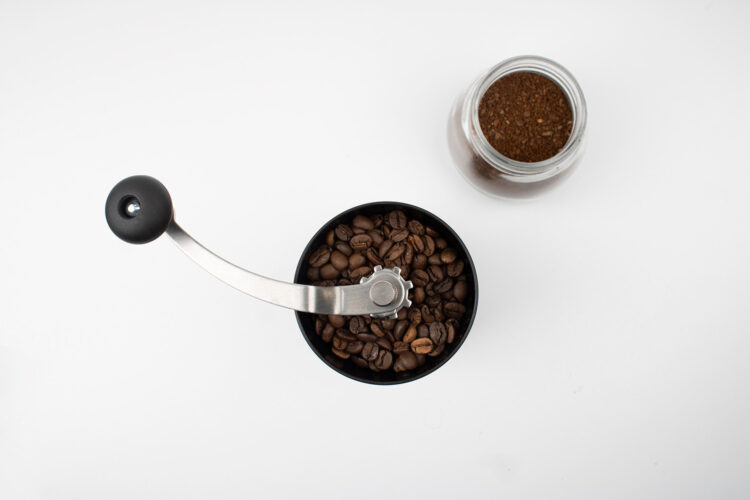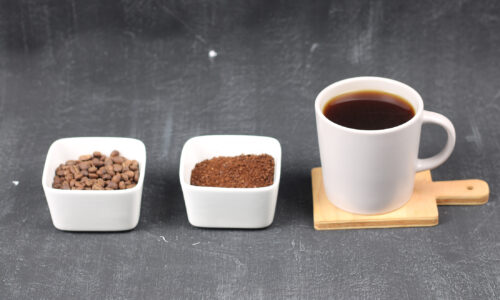Blue Mountain Coffee is a rare and exclusive coffee variety grown in the Blue Mountains of Jamaica. It is known for its soft, mild, and sweet aroma and flavor profile, making it one of the most expensive and sought-after coffees in the world. In this article, we will explore the unique features and characteristics of Blue Mountain Coffee and share some tips and techniques for brewing the perfect cup.
Blue Mountain Coffee Flavor Profile
Blue Mountain Coffee has a unique flavor profile that sets it apart from other coffee varieties. It has a soft and mild taste with a subtle sweetness and a bright acidity. The aroma is delicate and floral, with notes of nuts and chocolate. The beans are carefully selected for their quality, and only those that meet strict criteria are labeled as Blue Mountain Coffee.
The unique microclimate and soil conditions in the Blue Mountains contribute to the coffee’s distinct flavor profile. The beans are grown at high altitudes, which slows down their growth and allows them to develop slowly. This, combined with the cool climate and rich soil, gives Blue Mountain Coffee its signature flavor.
Blue Mountain Coffee Brewing Techniques
Brewing Blue Mountain Coffee requires careful attention to detail to bring out its best flavors. There are several brewing techniques that can be used to prepare Blue Mountain Coffee. Here are some tips to help you brew the perfect cup:
Use freshly roasted coffee beans: Blue Mountain Coffee is best brewed using freshly roasted beans. Look for beans that have been roasted within the last two weeks for the best flavor.
Grind the beans just before brewing: Grinding the beans just before brewing will help preserve their freshness and aroma. Use a medium grind setting for drip coffee or a fine grind setting for espresso.
Use the right water temperature: The ideal water temperature for brewing Blue Mountain Coffee is between 195°F and 205°F. Use a thermometer to ensure your water is within this range.
Use the right brewing method: Blue Mountain Coffee can be brewed using a drip coffee maker, French press, or espresso machine. Choose the method that suits your taste preferences and equipment.
Use the right ratio of coffee to water: The recommended ratio for brewing Blue Mountain Coffee is 1:15, which means one part coffee to 15 parts water. Use a scale to measure your coffee and water accurately.
Enjoy it black: Blue Mountain Coffee has a delicate flavor profile that can be overwhelmed by milk or sugar. Try it black first to appreciate its unique taste.
Blue Mountain Coffee is a rare and exclusive coffee variety with a unique flavor profile and aroma. By following the tips and techniques outlined in this article, you can brew the perfect cup and appreciate its delicate taste. Remember to choose sustainable and ethical coffee to make a difference and support a better future for coffee farmers and the environment.
In conclusion, Blue Mountain Coffee is a coffee lover’s dream come true. Its soft, mild, and sweet aroma and flavor profile make it one of the most exclusive coffee varieties in the world. The unique microclimate and soil conditions in the Blue Mountains contribute to its distinct taste, and careful brewing is required to bring out its best flavors.
Remember to choose freshly roasted beans, grind just before brewing, use the right water temperature and brewing method, and enjoy it black for the best taste. And don’t forget about sustainability and ethics – choose certified sustainable and ethical Blue Mountain Coffee to make a difference and support a better future for coffee farmers and the environment.
Try Blue Mountain Coffee today and experience the true taste of Jamaica’s Blue Mountains. It’s a coffee experience like no other, and one that every coffee lover should try at least once in their lifetime.



